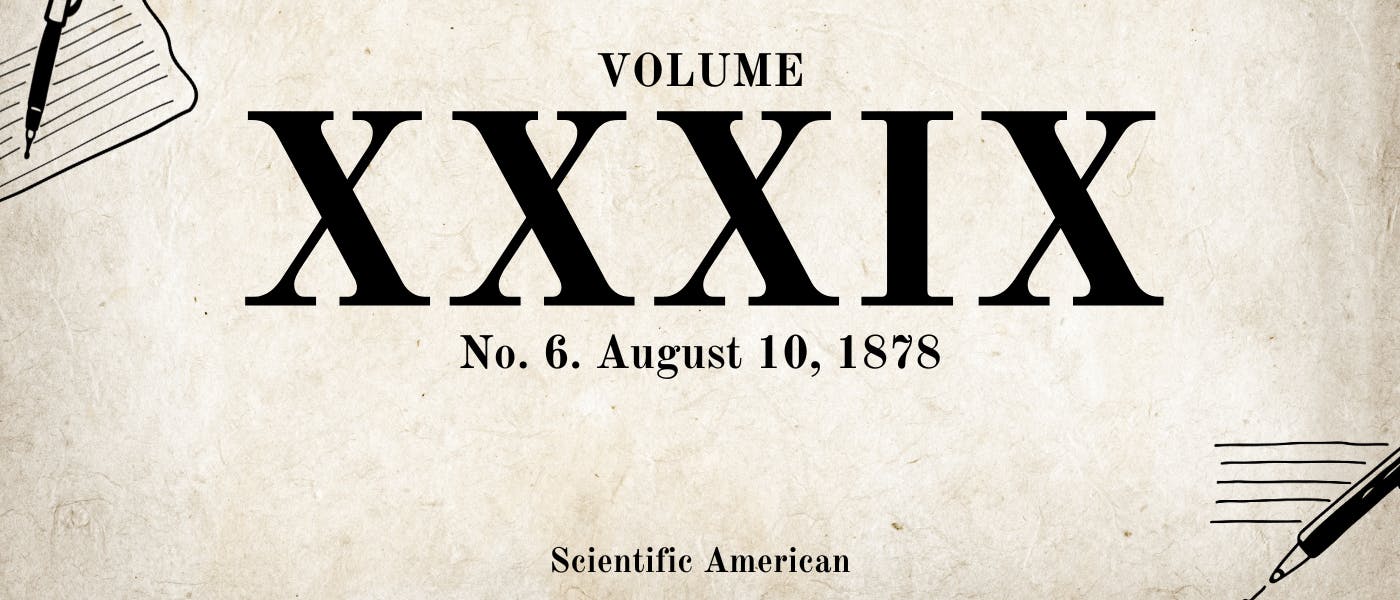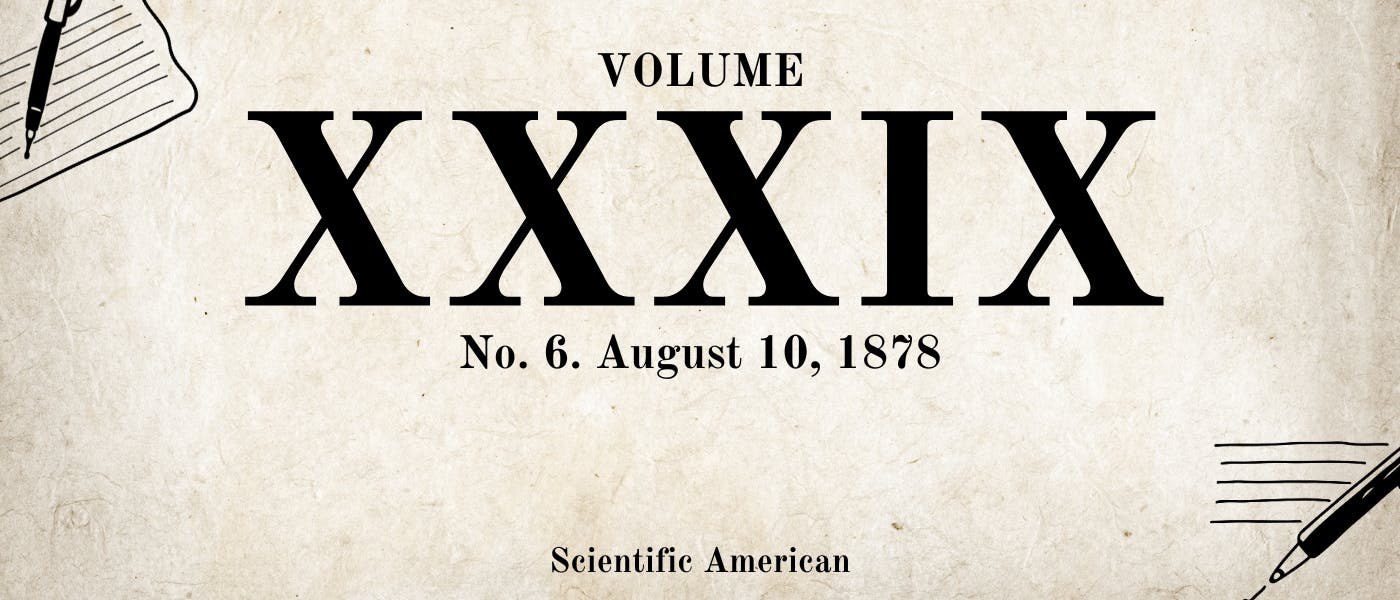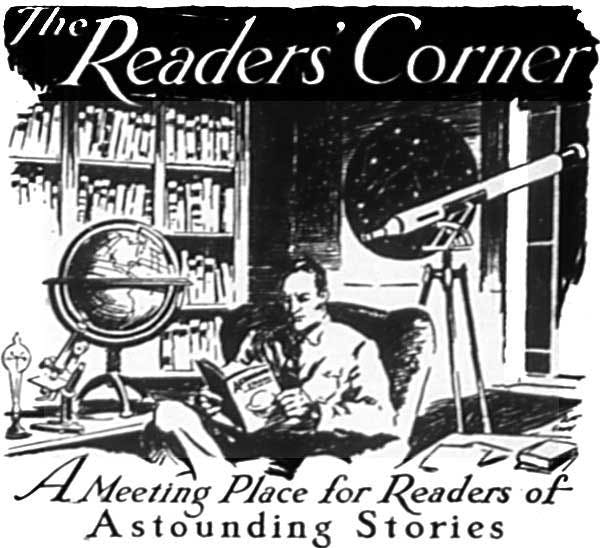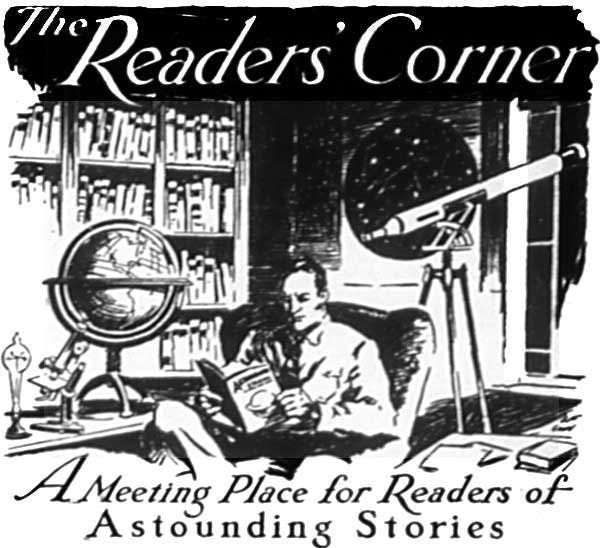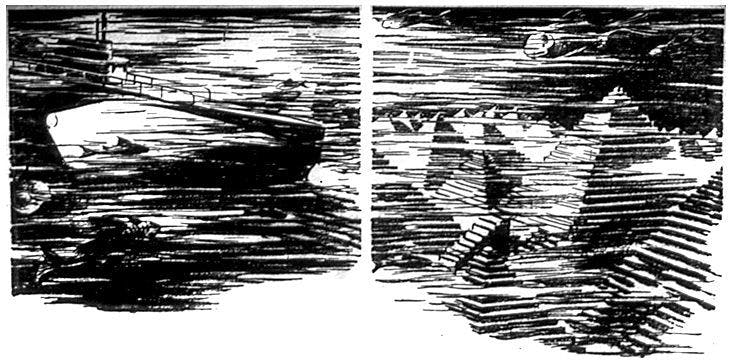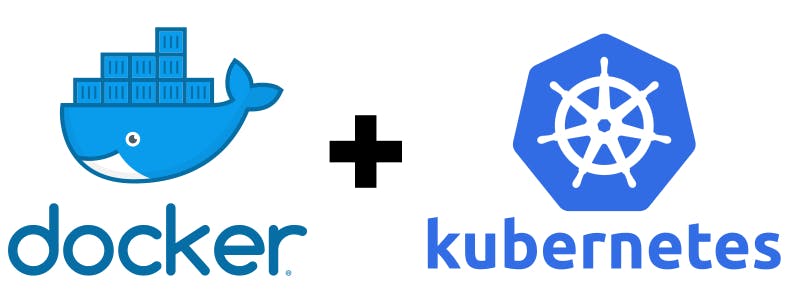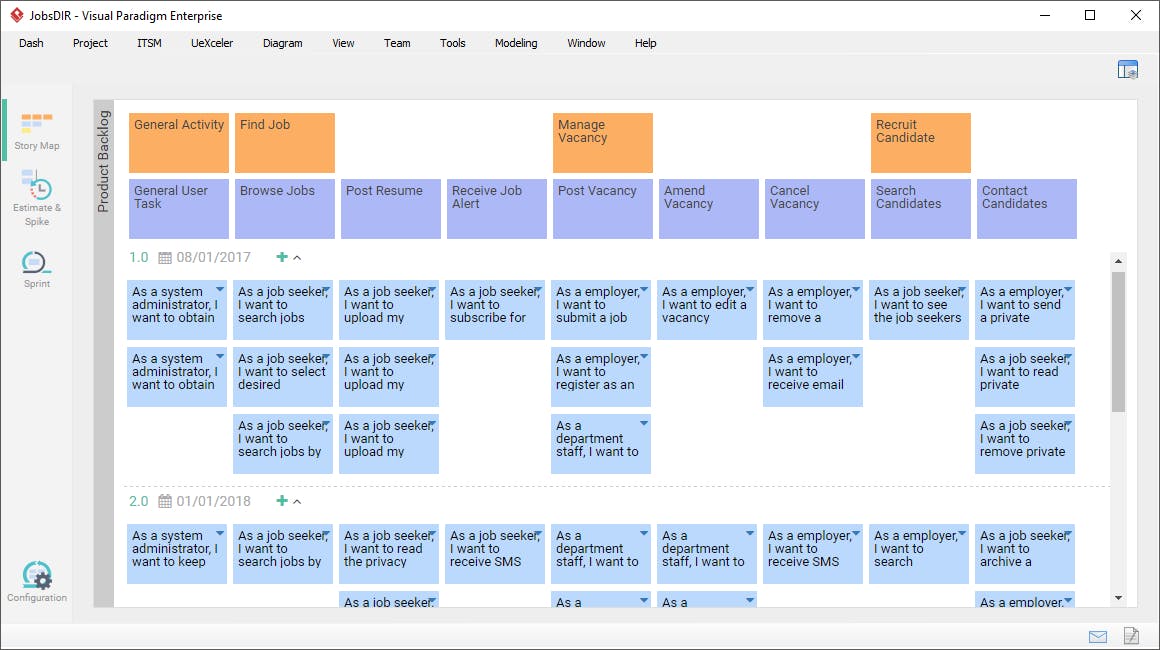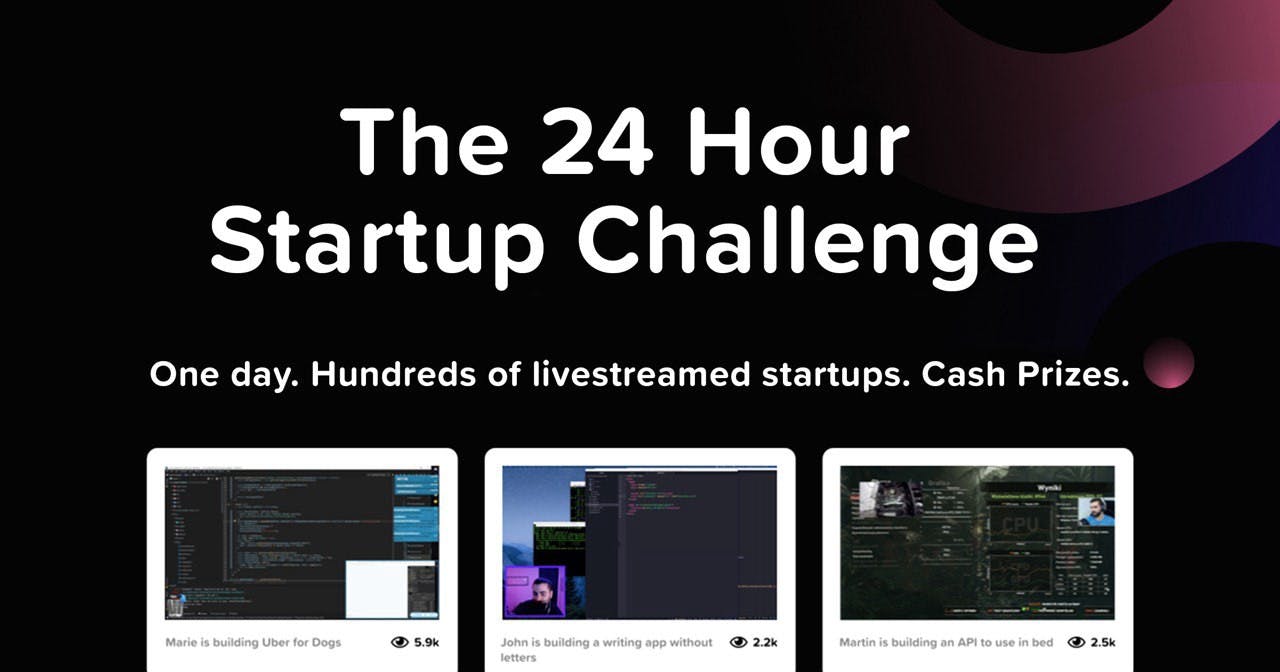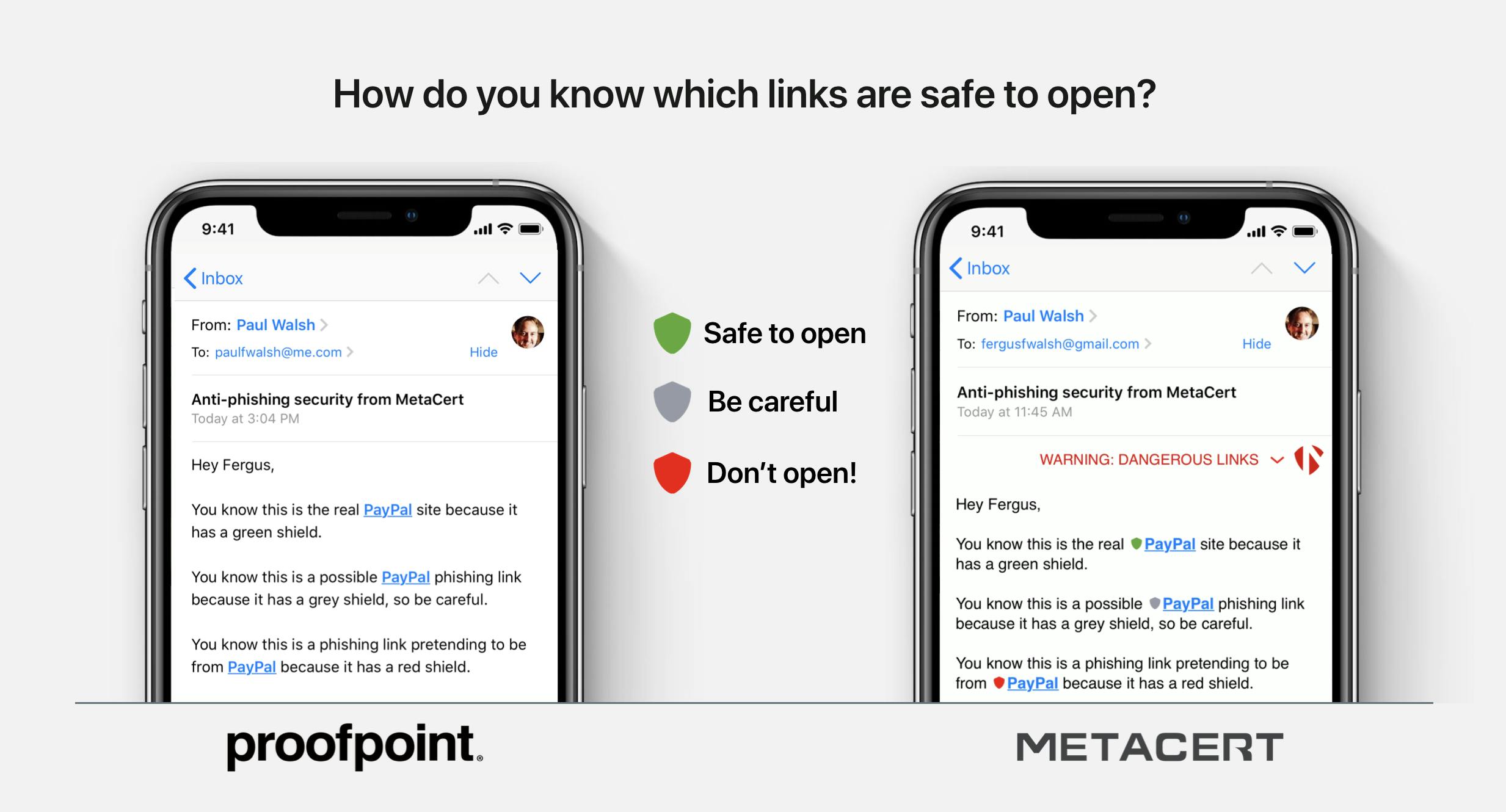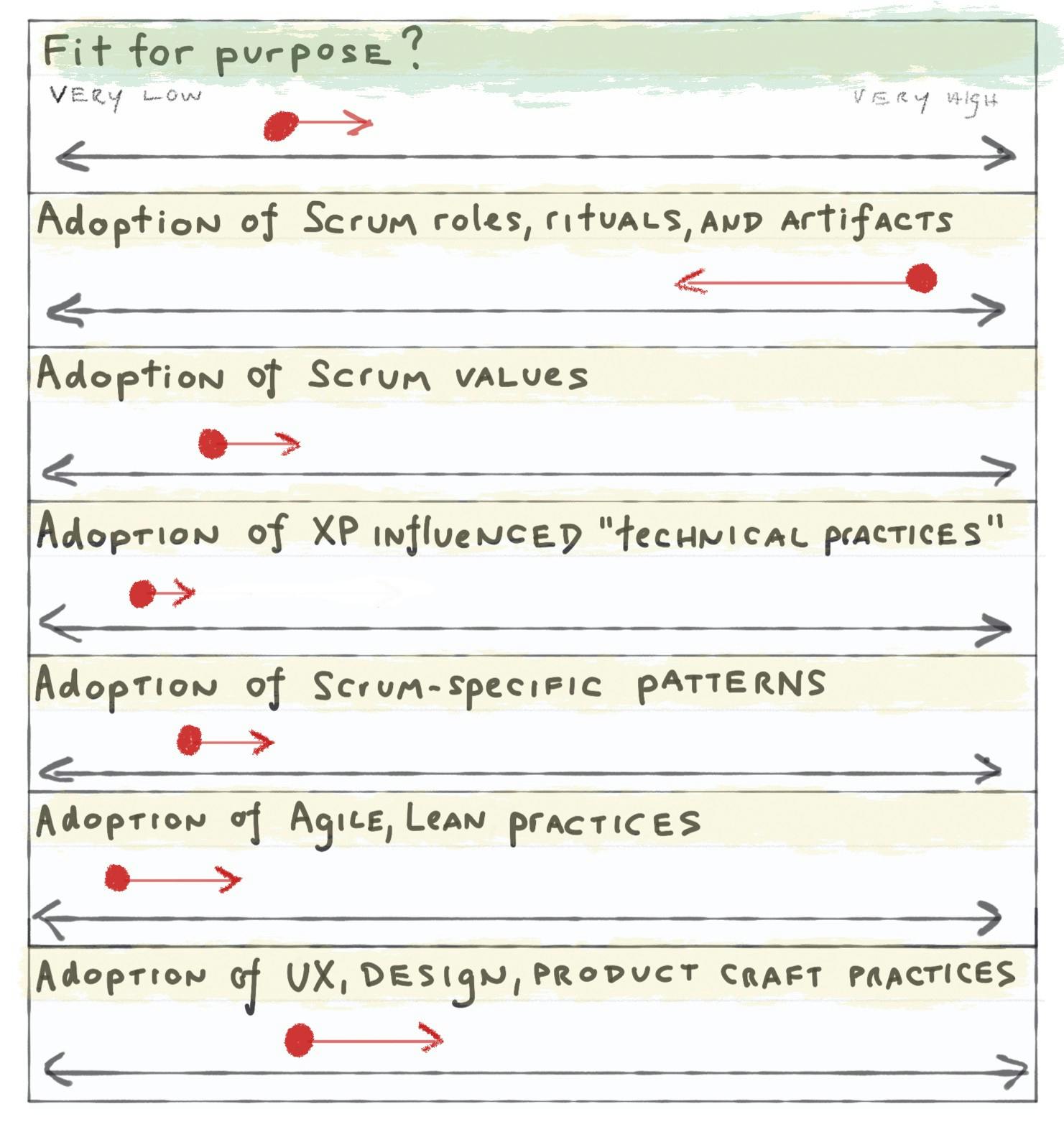On This Day in Tech History

Microsoft launched the Xbox game console
2001The Xbox, Microsoft’s first entry into the world of console electronic gaming, was released in 2001, which placed it in direct competition with Sony’s PlayStation 2 and Nintendo’s GameCube.

The first Fairtrade label was launched in the Netherlands
1988Solidaridad founded the Max Havelaar Foundation in 1988, thus launching the first fair trade label for sustainable coffee. Its successful launch in the Netherlands helped to spark the global fair trade movement.

Intel's First Microprocessor was Released
1971Intel released the world's first commercial single-chip microprocessor, the 4004.
The Coming of Bliriot
November 15, 2022
How Startups Can Stay on Top of Their Cash Flow
November 15, 2022
Chapter III: The Ape-Men of Xlotli
November 15, 2022
Chapter VI: The Atom-Smasher
November 15, 2022
The Definitive Web3 Glossary (2022)
November 15, 2022
The Sunken Empire
November 15, 2022
Chaos Engineering: What You Don't Know
November 15, 2020
MACD and power of Histogram
November 15, 2020
Why You Shouldn’t Write Vanilla CSS
November 15, 2019
Let AI Monitor and Improve Your Online Reputation
November 15, 2019
The Grand Cluster Hotel
November 15, 2019
6 Business Technology Trends in 2020
November 15, 2019
Why Don’t They Trust Us?
November 15, 2018
Israel’s IP Problem
November 15, 2018
Shrimpy-Institutional Platform Release
November 15, 2018
Set up ESLint in Atom
November 15, 2018
Defining the “Personal CRM”
November 15, 2017
Announcing CodeSandbox 2.0
November 15, 2017
Contribute to the AI Consulting Contract
November 15, 2017
The Trouble With Scrum
November 15, 2017
Health Hacks for Tech Specialists
November 15, 2017
Sending HTML email using Go
November 15, 2017
Escaping black holes on the Internet
November 15, 2016
New Responsive App Demo Experience
November 15, 2016
Should Early Stage Startups Adopt Microservices?
November 15, 2016
Introducing the Search Grader by Algolia
November 15, 2016
Do you like to ADB?
November 15, 2016
























